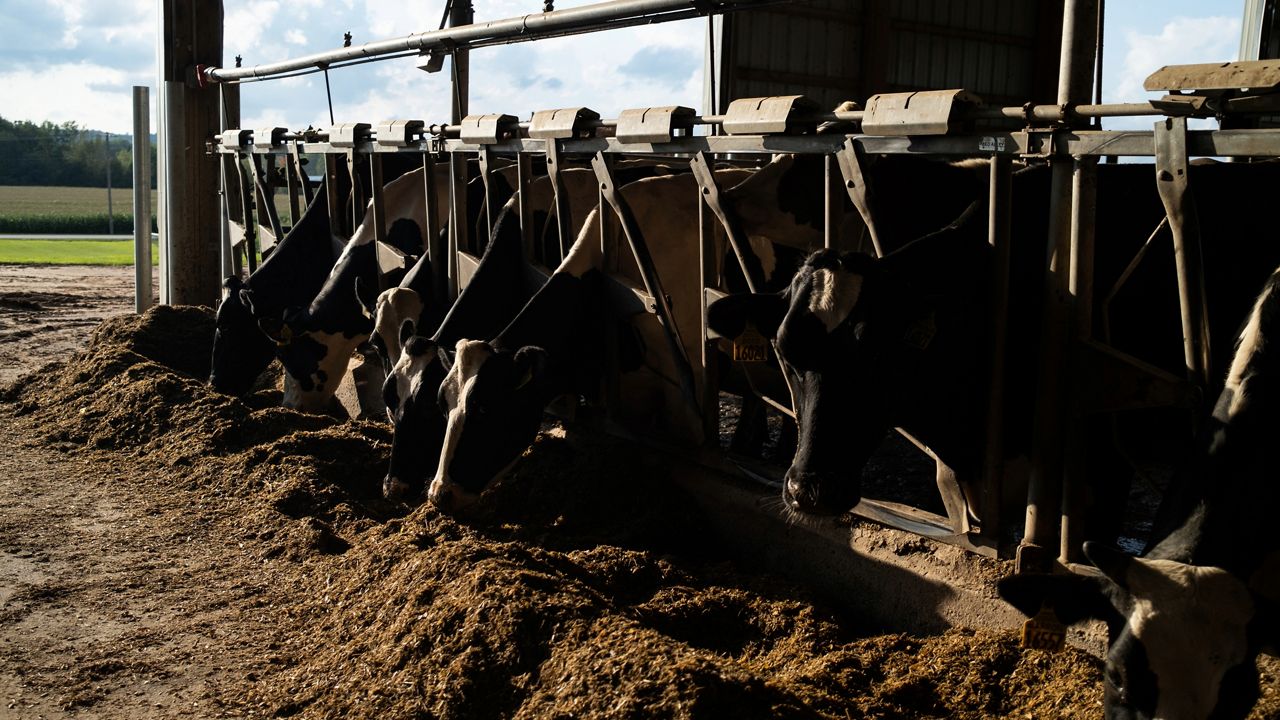Canada controls the majority of the world’s maple syrup supply and manufactures much of the equipment, raising concern among New York producers that U.S. tariffs and retaliatory Canadian action will raise costs.
“As far as wholesale prices, which is what most of ours is, it’s basically set by Canada. The tariffs, it’s a good question on how this is going to affect it,” said Tim Custer, who owns Custer’s Maple in Cuyler. “We’re kind of hopeful that it will actually help us. The dollar exchange between the U.S. and Canada is a real big factor, and it hurts us terrible, so the tariff might help that. But on the flip side, most of the maple equipment comes from Canada.”
While New York maple producers may be able to charge more for their syrup, Custer isn’t sure it’s enough.
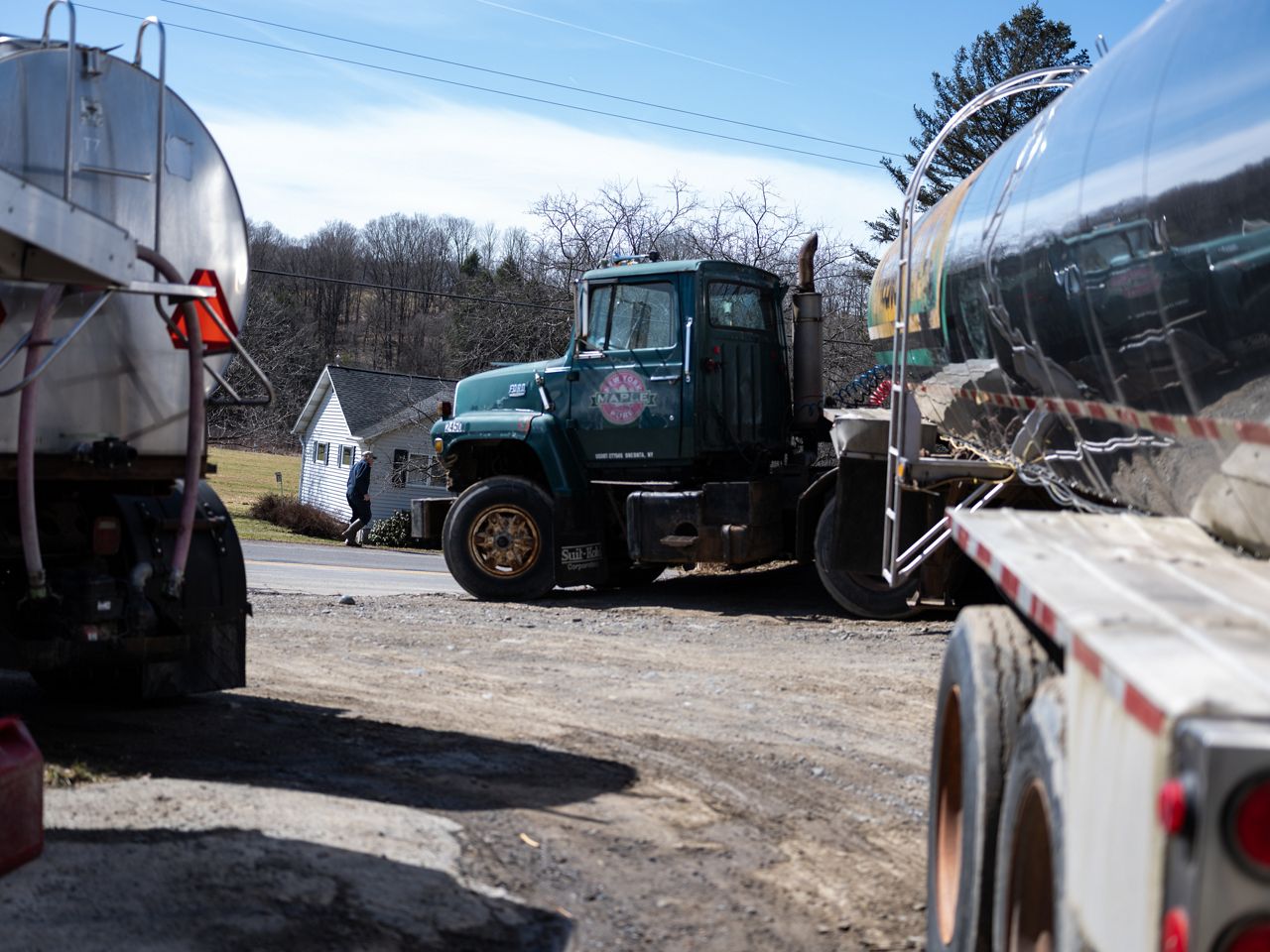
“Even if we get a little bit more for our syrup, I’m a little bit concerned that it won’t offset the price of the equipment,” said Custer, who tapped over 15,000 trees this year.
Much of Custer’s equipment has been purchased over the years but every season comes with replacing parts and a wish list of equipment that would make the arduous process more efficient. He estimates he owns about $350,000 worth of equipment for making maple syrup.
While some equipment for smaller and hobby operations are made in the U.S., most of the large-scale machinery is produced in Canada, said Sandy Wilcox, who owns Countryside Hardware in DeRuyter that sells the equipment. The difficult part is managing the unknown as the circumstances around tariffs have changed several times, Wilcox said. The tariff on imported equipment is then passed onto her customers.
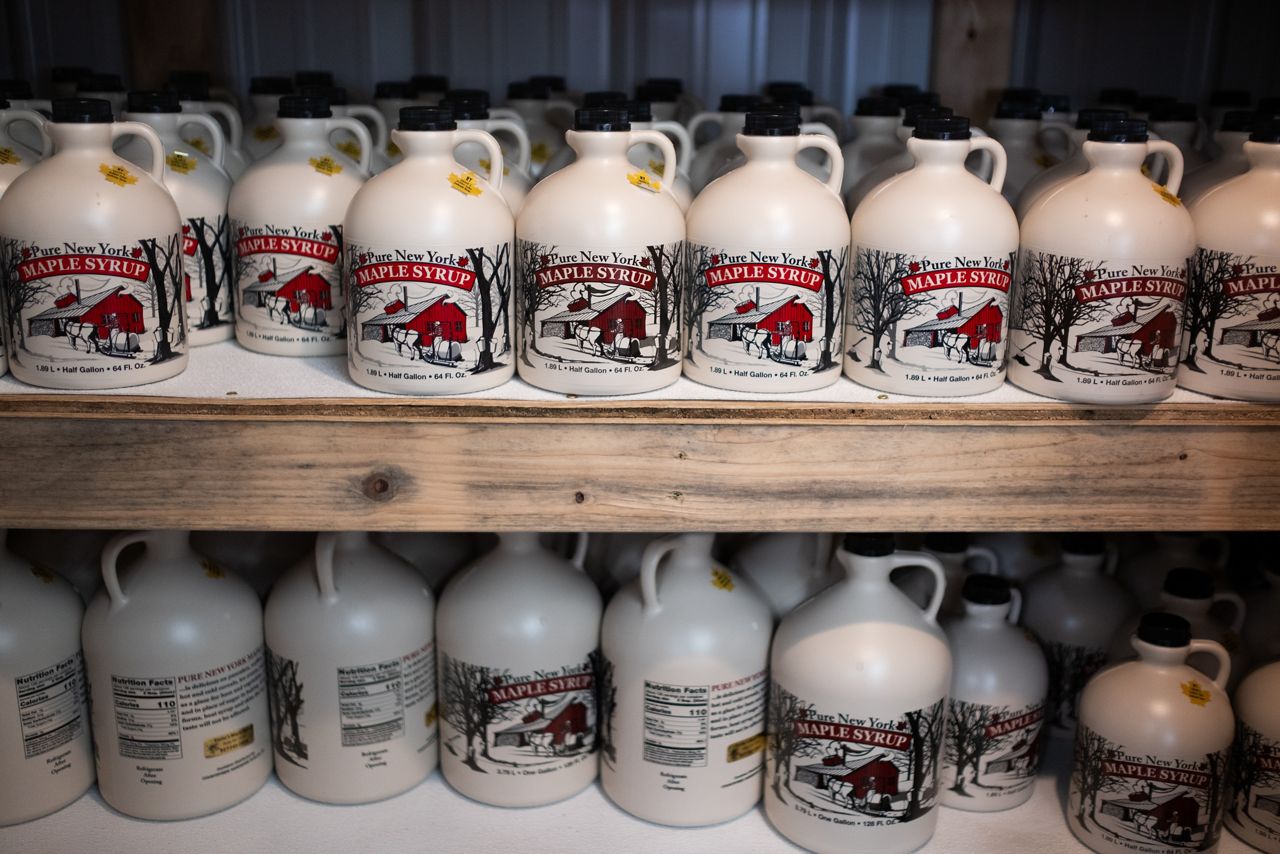
“I got an email last week that the tariffs are 25% on any equipment coming out of Canada, then we get an email that no, it’s off so we’re back to normal pricing,” she said. “It’s just been so horrific trying to figure out how to price stuff and when to buy and when not.”
Adam Wild, director of Cornell University’s Maple Research Forest in Lake Placid, said the 25% tariff on equipment could be detrimental to some producers.
“Those equipment companies likely won’t be able to absorb all 25% of that increased cost and so I think what we’ll see is that any of the tubing and equipment costs and things like that for producers is going to go up, and this is equipment that’s already gone up a fair amount in the last five to six years,” Wild said.
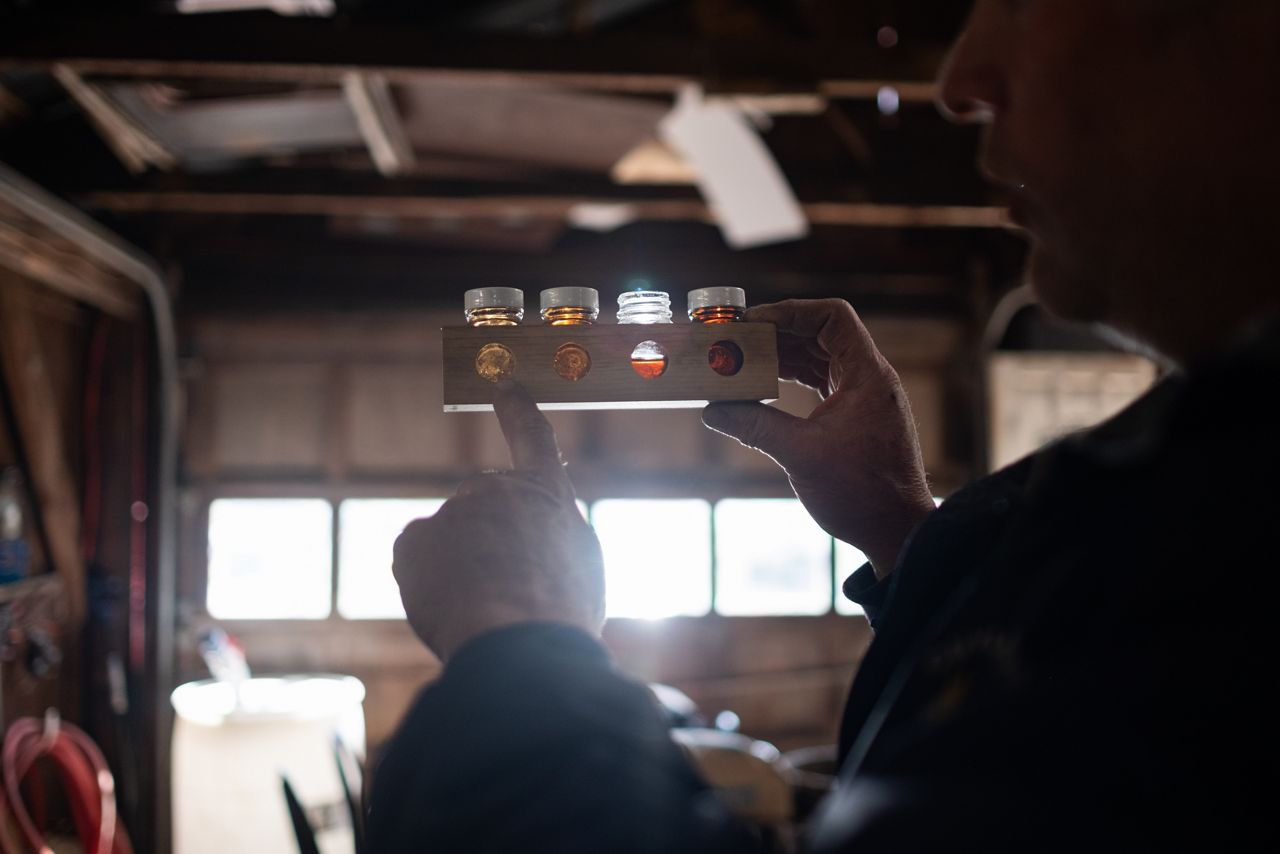
With changing weather patterns impacting sap production of the trees and length of the season, making a profit on maple is already a difficult feat, he said.
“It’s going to be pretty cost prohibitive for maple producers and increase their costs and loss of their profits overall. It’s already an industry that’s tough to make a profit on, the margins are pretty thin especially if we have variable weather years,” Wild said.
Canada supplies 75% of the world’s maple syrup, and the U.S. relies on Canada to supplement the domestic production, Wild said.
“It’s around 60% of maple syrup is actually exported to the United States because the United States is not able to, currently, produce enough maple syrup to keep up with the demand of consumers within the U.S.,” Wild said.
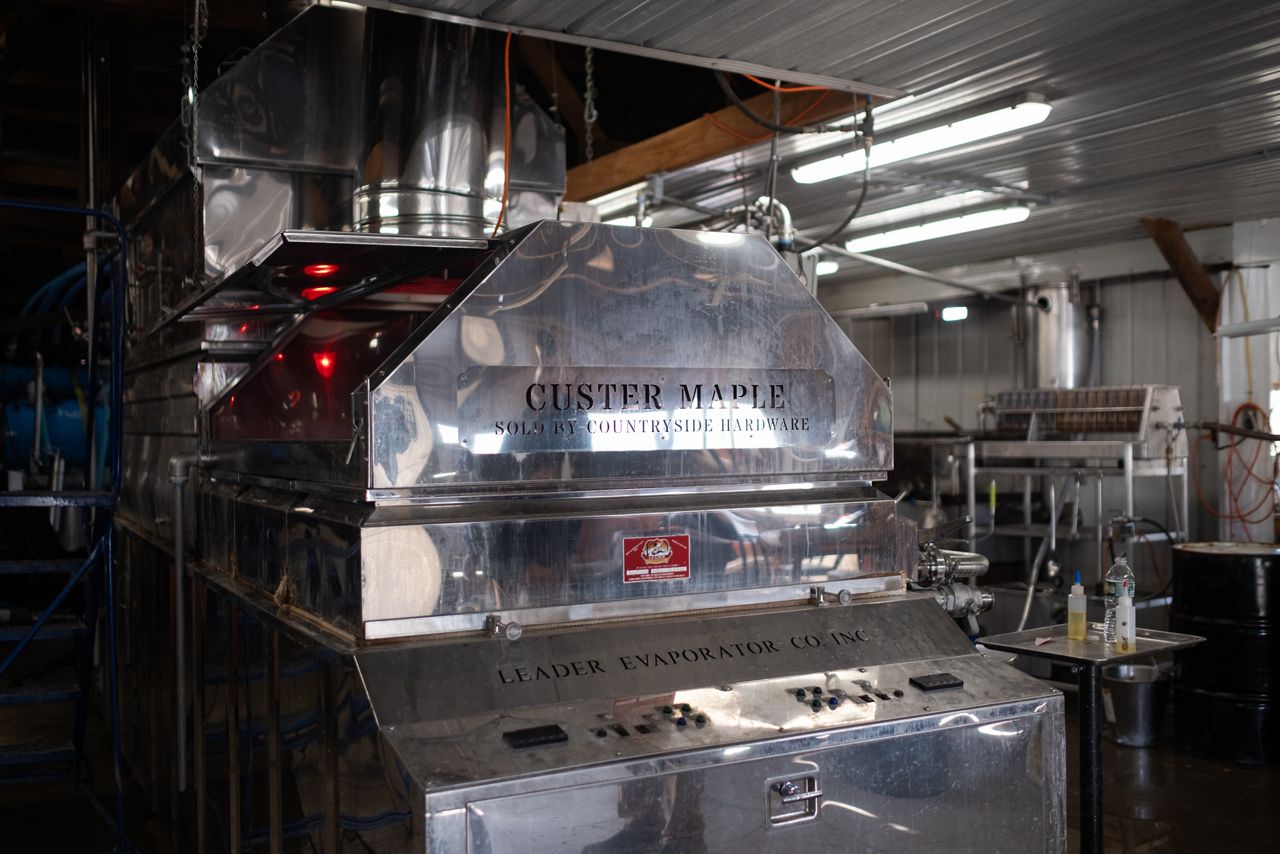
Consumers may see the impact of the 25% tariff on maple syrup they purchase in the grocery store but it’s because of this that domestic producers are hopeful.
“There are some producers who are hopeful that maybe that will increase the price of their syrup,” Wild said. “For the big, large bulk buyers or packers in the United States, that are buying syrup from producers here in the U.S., that there’s hope among producers that maybe they will be paying more.”
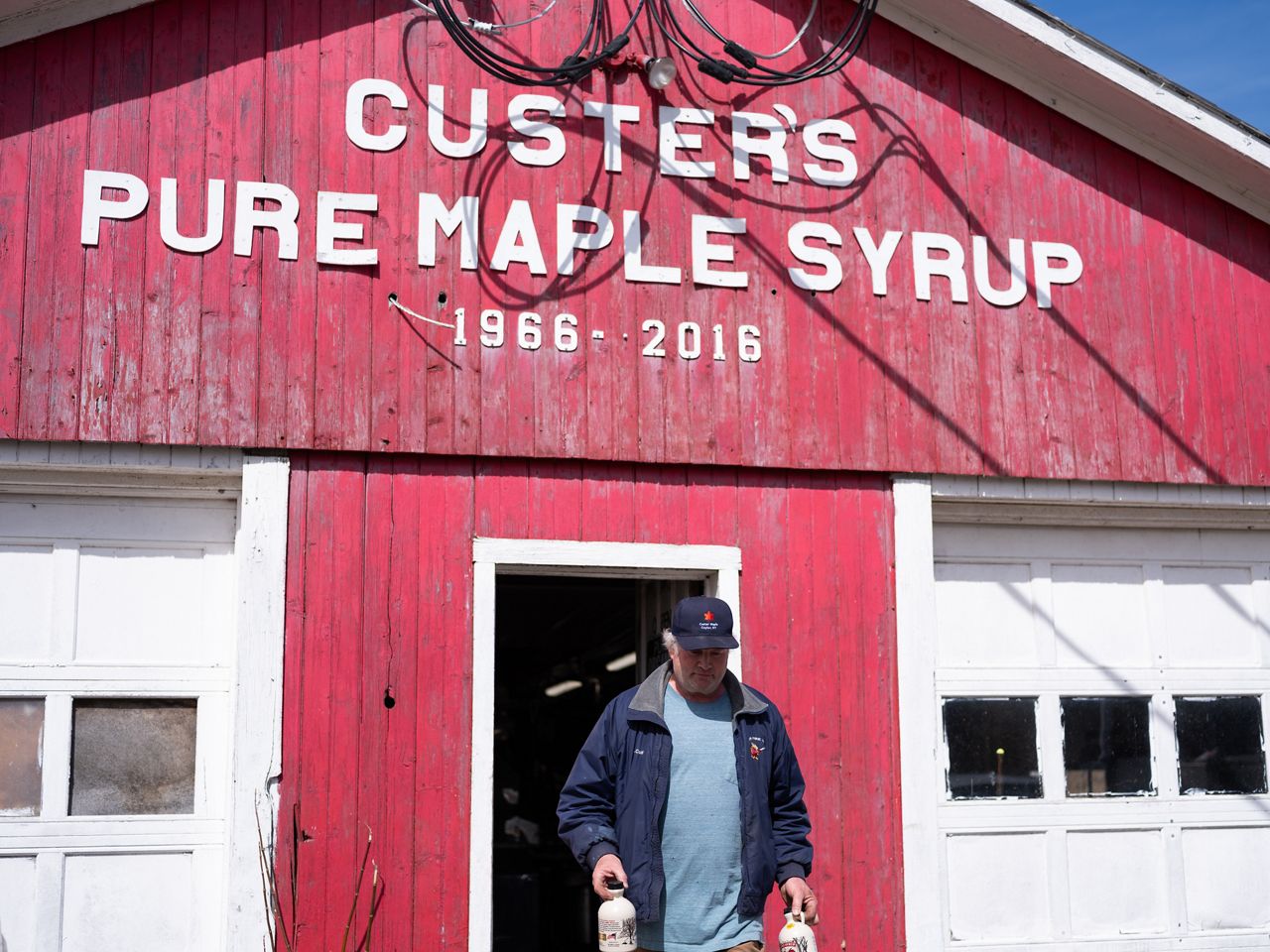
It likely won’t be a large enough bump to offset the costs of equipment, he said. If consumers are looking for maple syrup, Wild encourages them to look locally.
“If the prices are going up, I would encourage them to go directly buy from their producers, they’re most likely going to get a better price and you’re often going to get a better-quality product,” Wild said.



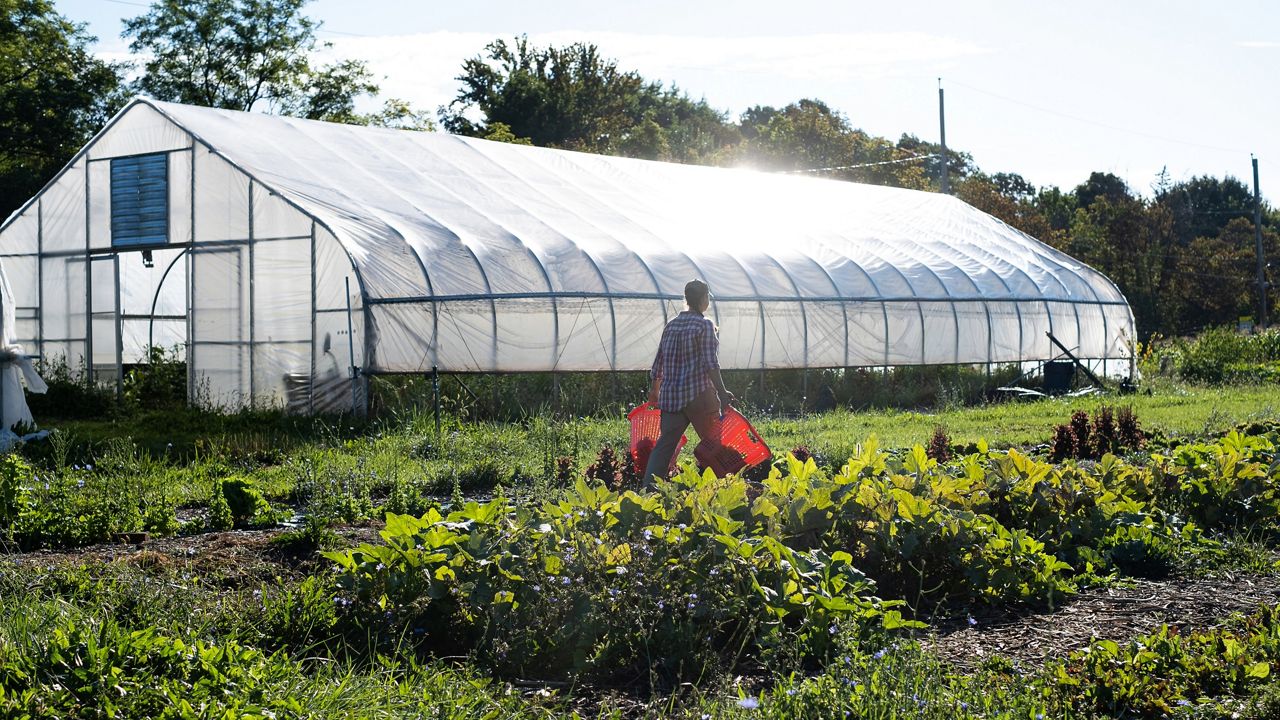
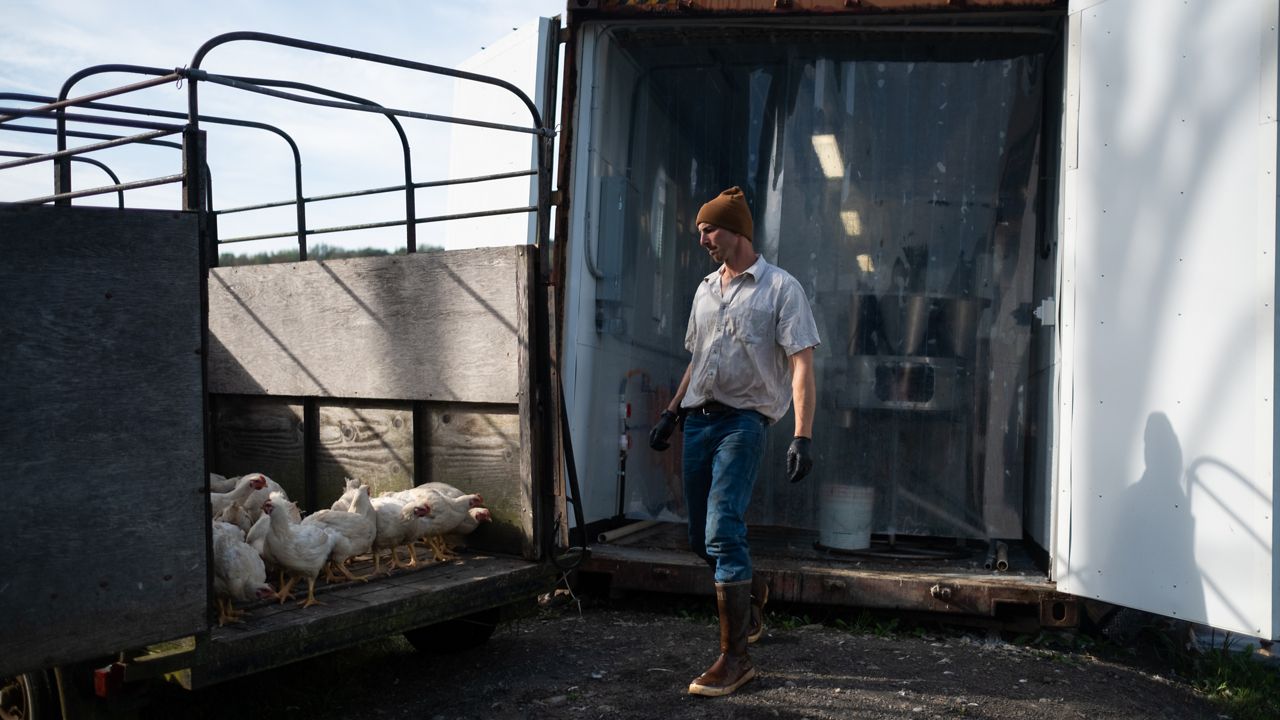
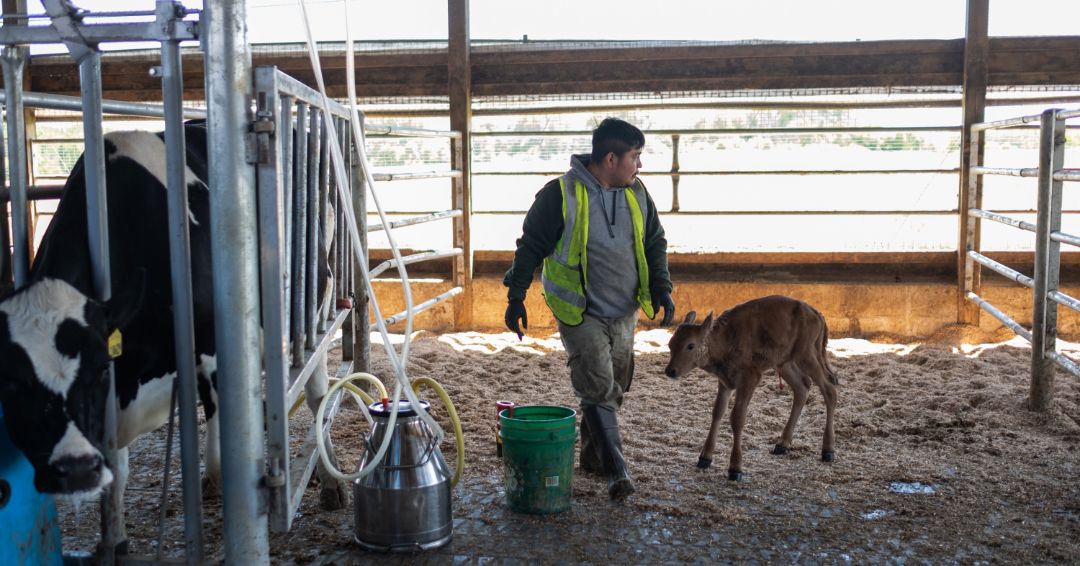
)
